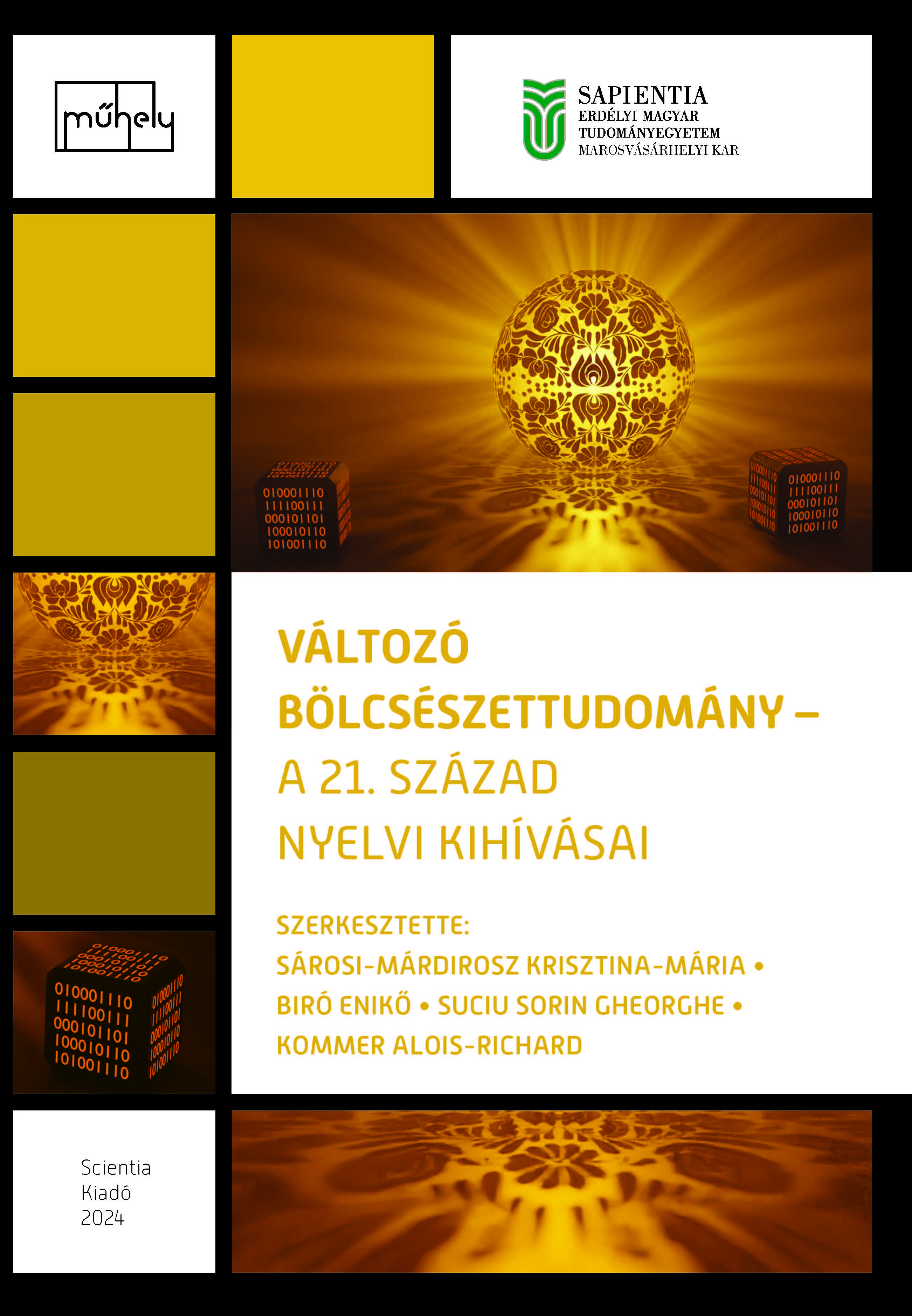HUNGARIAN PROFESSIONAL TRANSLATORS’ PERCEPTION AND ACCEPTANCE OF AUTOMATED TRANSLATION. A Case Study
HUNGARIAN PROFESSIONAL TRANSLATORS’ PERCEPTION AND ACCEPTANCE OF AUTOMATED TRANSLATION. A Case Study
Author(s): Noémi Fazakas, Blanka Barabás
Subject(s): Translation Studies
Published by: Scientia Kiadó
Keywords: automated translation; technological advancement; translator attitudes; translator’s role;
Summary/Abstract: With artificial intelligence and deep learning gaining ground, the last few years have seen an unprecedented development in Machine Translation (MT). Deep learning, neural machine translation, and large language models have opened up horizons that many did not think possible. This era of automated translation has led to a restructuring of the profession of translation and the processes carried out by human translators in target-language text production. Technological advances in the case of some languages make the role of translator seem obsolete, and many have expressed concerns about their livelihoods. Our paper discusses the attitudes and opinions of Hungarian professional translators regarding the development of automated translation. We focused our research on a Hungarian Facebook group, an online platform for professional translators, where they can ask for help and discuss aspects of their work. We show that many Hungarian professionals express reservations about MT replacing human translators, arguing that Hungarian is a “small” language that is “very different” (mostly from a structural point of view) from the “big” languages that MT targets.
Book: Változó bölcsészettudomány – a 21. század nyelvi kihívásai
- Page Range: 165-179
- Page Count: 15
- Publication Year: 2024
- Language: English
- Content File-PDF

